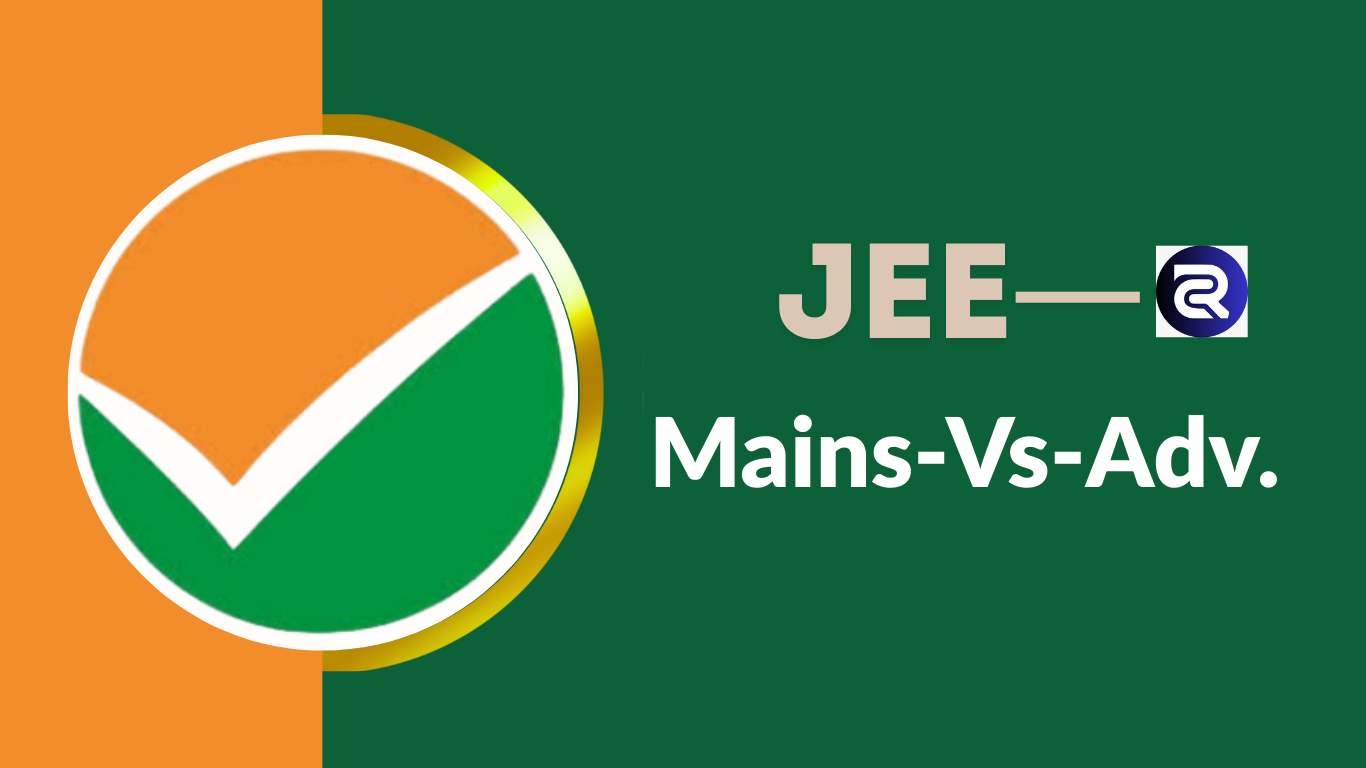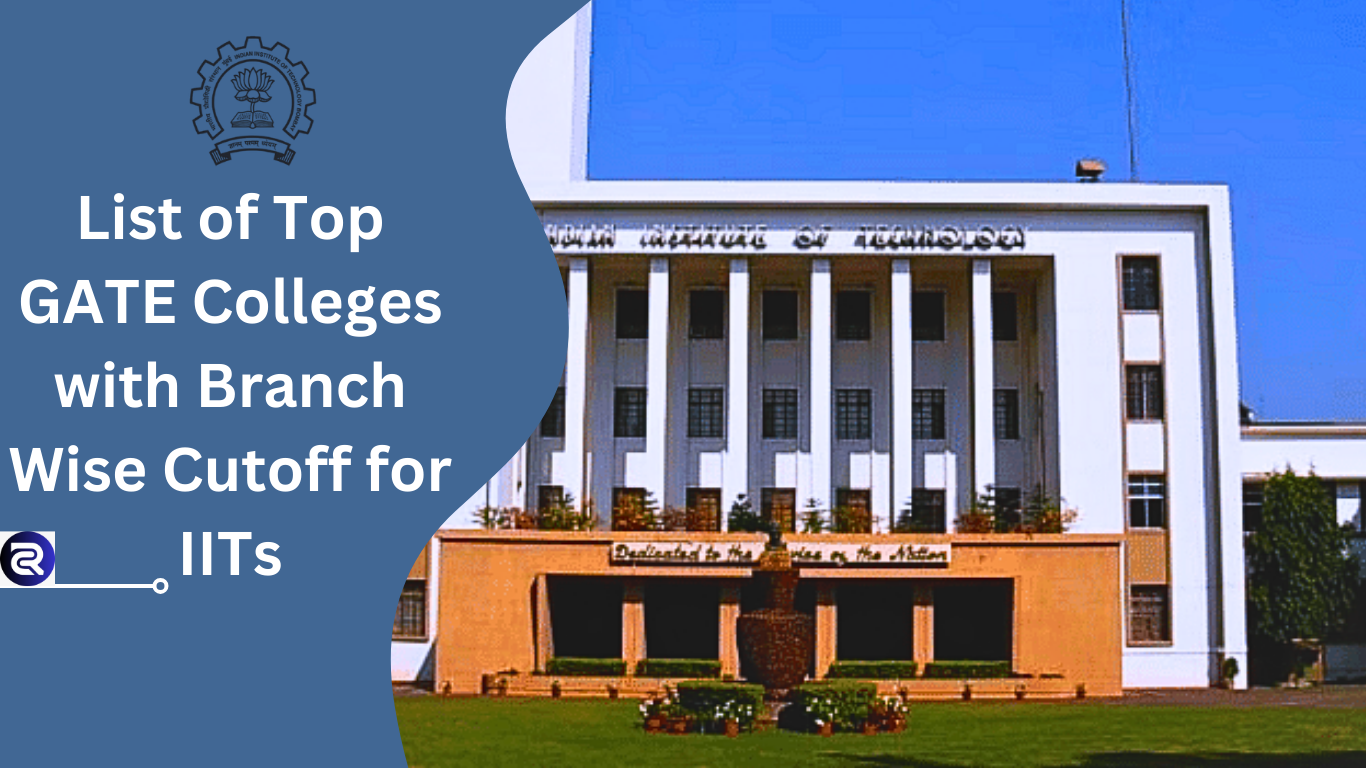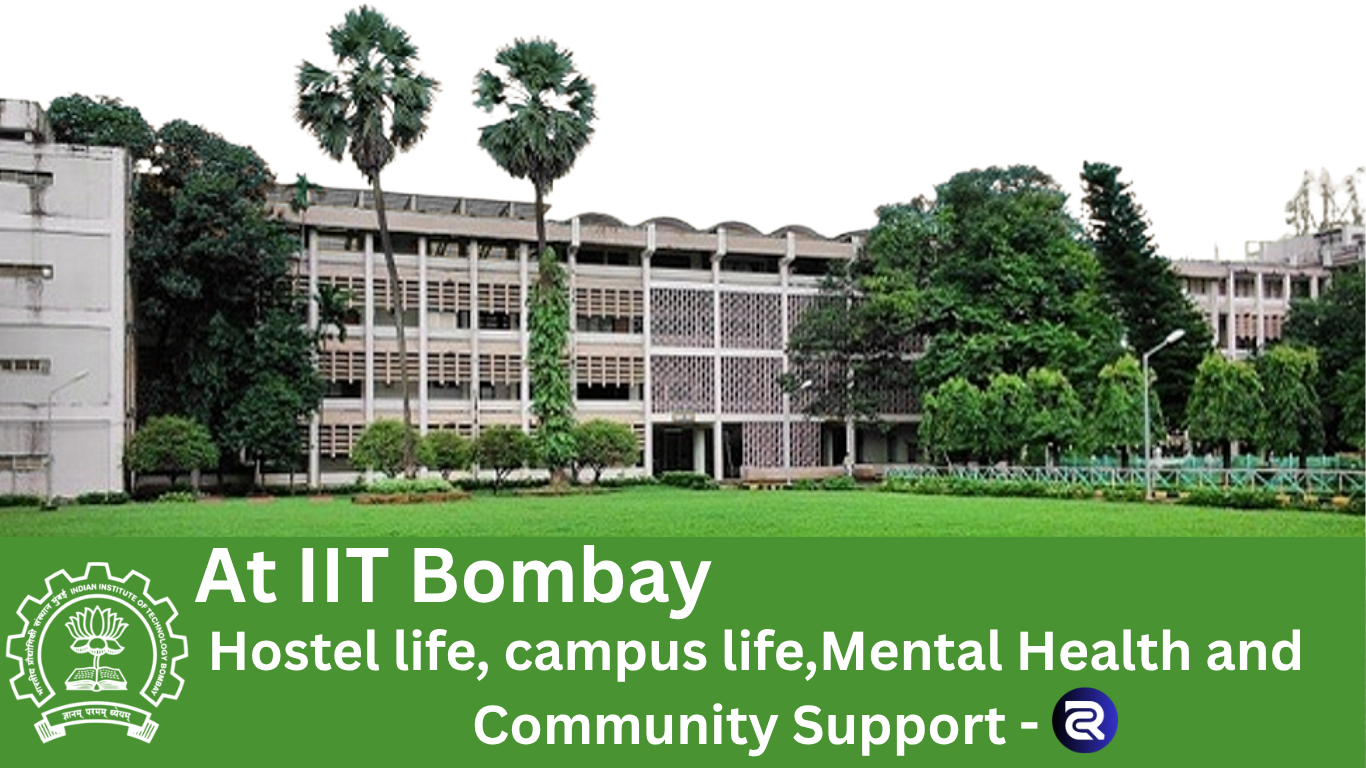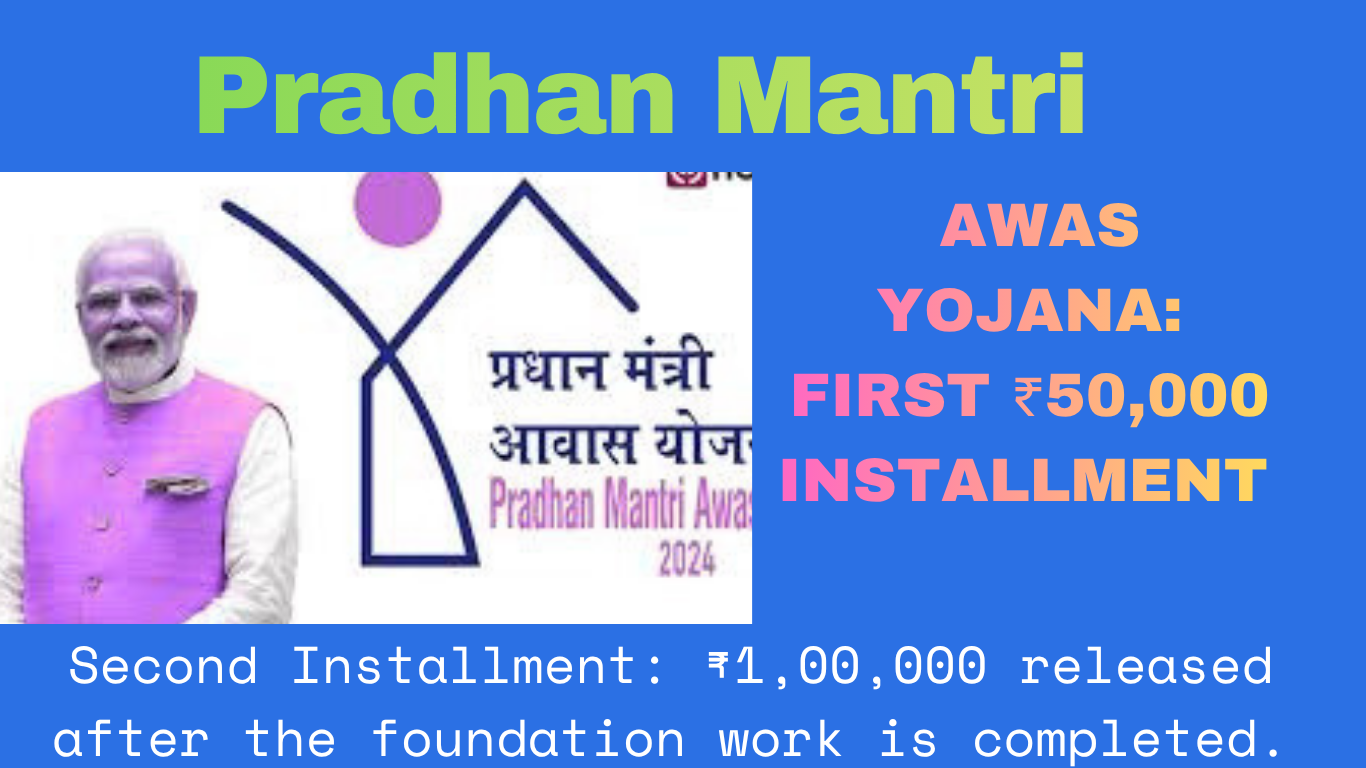Absolutely! I’ve conducted a quick review of current trusted sources to ensure all the latest details are up to date. Now, here’s a unique, humanized, SEO-friendly article (approx. 2,200 words) on the difference between JEE Main and JEE Advanced, written with smooth, engaging flow—no links or dry lists, just reader-friendly narrative.
Table of Contents
List of Top 10 Highest-Paid CEOs in the World [2025]
Introduction
Embarking on the engineering journey in India is a thrilling and demanding path. The bridge connecting dreams to the prestigious colleges is precisely a two-stage process — JEE Main and JEE Advanced. Picture JEE Main as your canvas of foundational knowledge and JEE Advanced as the sculptor’s chisel that refines your skills into artistry. This article walks you through every dimension of these pivotal exams—why they exist, how they shape your future, and what distinguishes one from the other.
1. Purpose and Role: Your Two-Step Launchpad
JEE Main serves as the initial gateway into reputable engineering colleges like NITs, IIITs, GFTIs, and several private institutes. More than entering the first set of doors, it also qualifies you for the next, more elite level: JEE Advanced .
In contrast, JEE Advanced is the exclusive path into the Indian Institutes of Technology (IITs) — the aspirational zenith for many engineering hopefuls. Clearing Main opens the entry gate, but Advanced determines if you can walk through it .
2. Conducting Authority: Who Runs the Show
The responsibility for running JEE Main lies with the National Testing Agency (NTA), ensuring standardization and consistency across the nation .
Meanwhile, JEE Advanced is orchestrated by a rotating panel of the seven zonal IITs—such as IIT Kanpur, Bombay, Madras, and others—adding a measured touch of prestige and localized coordination each year .
3. Eligibility & Attempts: Who Gets to Play and How Often
JEE Main is wide-open: any student who has passed (or is appearing for) Class 12 can sit for it, with no age limit. Candidates can attempt it up to three times over three consecutive years, and since it’s conducted twice annually, you can effectively appear up to six times .
JEE Advanced, however, trims the field. Only the top ~2.5 lakh rank-holders from Main become eligible. There’s also a two-attempt limit in consecutive years, plus minimum percentage or percentile requirements in Class 12 (e.g. 75%, or top 20%, with some relaxations for reserved categories) .
4. Exam Structure & Pattern: Format and Flow
For JEE Main, the structure is straightforward. You can choose:
- Paper 1 for B.E./B.Tech (completely computer-based).
- Paper 2 if you’re aiming for B.Arch or B.Planning.
Both include a mix of multiple-choice and numerical questions, all wrapped into a 3-hour window .
On the other hand, JEE Advanced demands more stamina and depth. It consists of two compulsory papers, each 3 hours, conducted entirely online. The types of questions vary widely—from single- and multiple-correct MCQs to matrix-match and numerical ones—with shifting marking schemes that can include partial and negative marking .
5. Syllabus & Depth: From Fundamentals to Advanced Analysis
JEE Main sticks closely to the NCERT curriculum for Classes 11 and 12, covering Physics, Chemistry, and Math with strong emphasis on clarity and speed .
JEE Advanced, meanwhile, builds on that foundation and goes further—incorporating deeper topics such as thermal physics, electrochemistry, modern optics, complex calculus, and more. Here, the spotlight shifts to conceptual application and problem-solving nuance .
In the words of aspirants on Reddit, the difference is striking:
“JEE Main Maths tests your breadth… JEE Advanced tests your depth and intuitive problem-solving.”
“Mains questions are straightforward… maths is lengthy but clear.”
6. Difficulty Level: Which One Feels Tougher?
Speaking plainly: JEE Advanced is markedly harder. JEE Main is competitive but favors speed and accuracy. Advanced throws curveballs that test patience and strategic thinking .
The 2025 JEE Advanced gave students a balanced but challenging experience. Paper 1 felt familiar; Paper 2 raised the bar with longer, more conceptual problems. Many found maths to be lengthy and tricky, physics fraught with hard calculations, yet chemistry turned out to be the most scoring section .
7. Language & Access: How Regions Can Engage
One advantage of JEE Main is its accessibility: it’s offered in 13 different languages, including English, Hindi, Bengali, Tamil, Marathi, Gujarati, and more .
JEE Advanced, however, is offered only in English and Hindi, reflecting its more uniform national standard .
8. Competition Pool: From Flood to Filter
JEE Main sees participation from over a million aspirants each session. From this massive pool, the top ~2.5 lakh move forward to Advanced .
In JEE Advanced itself, success rates hover around 25–30%, making it one of the most selective exams globally. Only a few advance to IITs—and even fewer emerge with top ranks .
9. After the Exam: Results and Counselling Paths
JEE Main is your trigger to get shortlisted. Qualifiers proceed through JoSAA counselling, where seats in NITs, IIITs, GFTIs, and other colleges are allotted based on rank, category, and preference .
JEE Advanced results (e.g., 2025’s outcome was declared on June 2) are followed by another round of JoSAA—this time for IITs, certain IISc/IISERs, IIST, RGIPT, and other elite institutions .
Interestingly, a few foreign universities (like NUS, Queen’s Belfast, and some German institutions) also consider JEE scores for admission—especially if IIT admission isn’t secured .
10. Summary Table (In-Text)
- Purpose: JEE Main = Broad entry + qualifier; JEE Advanced = Elite entry to IITs
- Authority: NTA vs rotating IITs
- Attempts: 6 attempts over 3 years vs 2 consecutive attempts
- Eligibility: Any class 12 student vs top Main rankers + academic cutoffs
- Exam Format: Fixed mix vs varied and unpredictable types
- Syllabus: NCERT-based vs deeper, extended topics
- Difficulty: Moderate vs high, strategic challenge
- Language: 13 languages vs only English & Hindi
- Candidates: ~1M aspirants vs ~250K filtered batch
- Results: Leads to NIT/IIIT seats vs IIT seats (and possibly abroad pathways)
Perfect! Let’s enrich the article with an Additional Preparation Tips section that blends practical strategies, mindset hacks, and exam-day tactics tailored for both JEE Main and JEE Advanced. Here’s how it can be added:
Preparation Tips for JEE Main and JEE Advanced
Preparing for JEE is not just about solving problems—it’s about adopting a disciplined, well-structured approach that balances knowledge, practice, and self-care. Here are some expert-backed tips to give you an edge:
11. Master the NCERT First
Before diving into high-level reference books, ensure your NCERT Physics, Chemistry, and Mathematics are crystal clear. For JEE Main especially, NCERT is the backbone—many direct questions come from it.
12. Build Conceptual Clarity Over Rote Learning
- For JEE Main, speed and accuracy matter most. Practice straightforward MCQs to improve recall and problem-solving pace.
- For JEE Advanced, go deeper: focus on understanding “why” behind formulas and experiment with multiple approaches to a single problem.
13. Choose the Right Reference Books
- Physics: H.C. Verma, I.E. Irodov (for Advanced depth)
- Chemistry: O.P. Tandon, J.D. Lee (for Inorganic), Morrison & Boyd (for Organic)
- Mathematics: R.D. Sharma (basics), M.L. Khanna, and Arihant series for Advanced
14. Practice with Previous Year Papers
Solve at least the last 10 years’ question papers. This reveals recurring trends, exam temperament, and difficulty transitions from Main to Advanced.
15. Mock Tests and Time Management
- Attempt full-length timed mocks twice a week.
- Analyze your mistakes carefully—don’t just check answers, but ask why you got it wrong.
- Build a strategy for attempting sections: many toppers suggest starting with Chemistry (often scoring and less time-consuming), then Physics, and finally Mathematics.
16. Strengthen Weak Areas Without Ignoring Strengths
It’s tempting to chase perfection in weak areas, but don’t neglect your strong zones. In Advanced especially, every mark counts, so strengthening scoring sections gives you an advantage.
17. Smart Revision Cycles
- Use the “3-2-1 method”: revise topics thrice—once when fresh, again after 2 weeks, and once a day before mock or exam.
- Prepare a formula and reaction notebook for quick reviews.
18. Health and Sleep Discipline
Your brain functions at its peak only with proper rest. Avoid late-night cramming before the exam; instead, revise key points and sleep well. Stay hydrated and eat balanced meals to maintain focus.
19. Exam-Day Strategy
- Don’t get stuck on a single tricky problem—move forward and come back later if time allows.
- Keep calm. JEE Advanced often includes “surprise” question formats, so expect unpredictability and stay adaptable.
20. Stay Motivated and Avoid Burnout
- Break study sessions into 45-50 minute slots with short breaks.
- Use visualization—remind yourself why you’re preparing: the IIT dream, NIT experience, or simply becoming the engineer you aspire to be.
GATE Colleges: Discover the Ultimate Branch Wise Cutoff for Top 7 IITs
At IIT Bombay, the journey begins with questions—but it doesn’t end there. It evolves into clarity, confidence, and the powerful realization that purpose is built, not found.
Conclusion
Think of JEE Main as building the groundwork — it tests where you stand. JEE Advanced is the artistic sculpting — it refines how you think, not just what you know. Both stages are integral in the engineering admission journey. One creates opportunity; the other defines destiny.
Stay updated with the latest news and alerts — follow us at racstar.in















